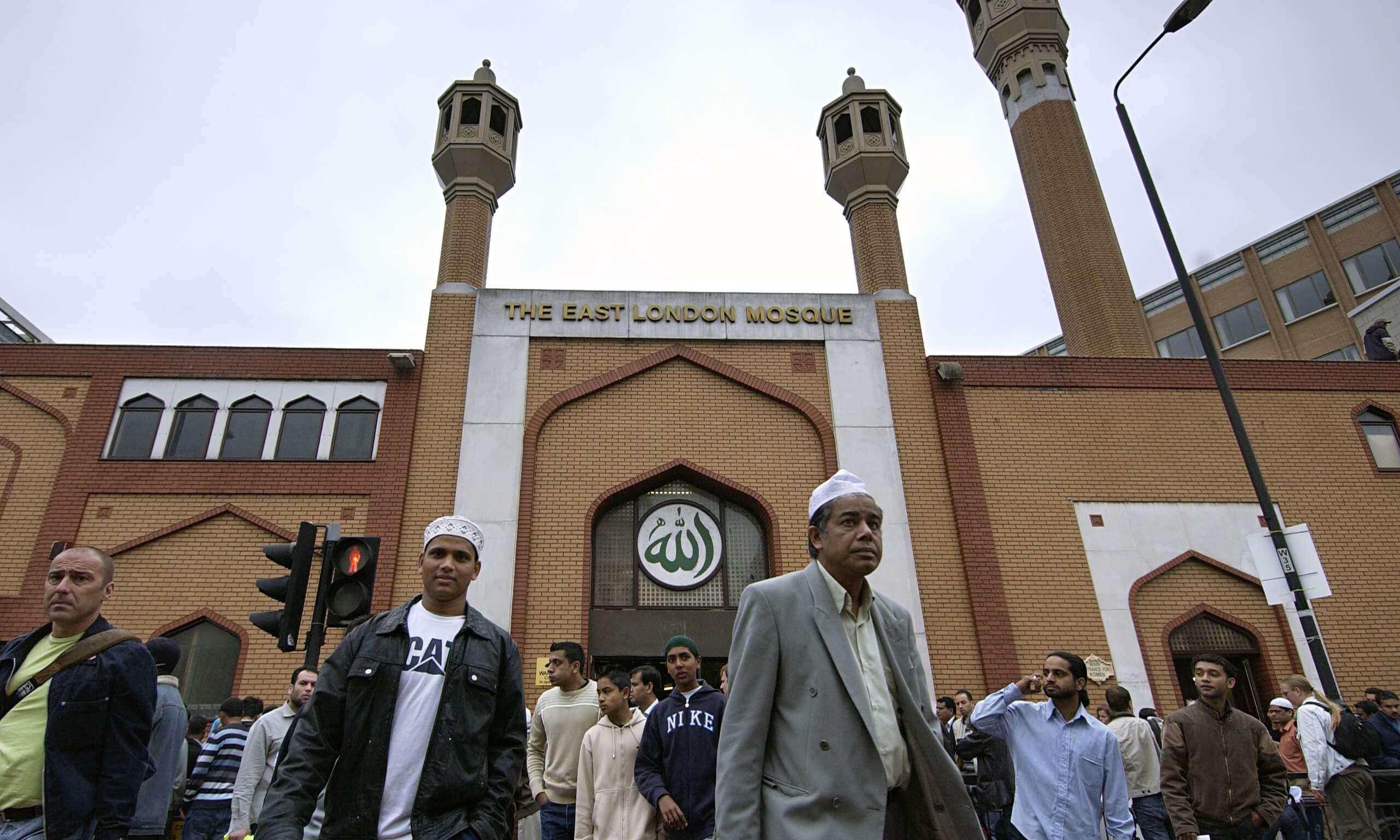Adam Smith’s “invisible hand,” describing the efficient operation of markets, has morphed into a something else: an invisible hand in my pocket and yours.
This woe comes now at every turn. Corporations — possibly egged on by the battalions of MBAs they employ — have discovered that they can con you by price legerdemain. They do this by imposing fees.
Airlines, banks and utilities play the fee game. Luxury resorts have joined in: You'll pay so much for the room, so much in taxes, and pay special fees if you want to do anything other than sit in it. Bottom line: You'll have pay more than you'd expect. The advertisements that lure you are disingenuous.
Take airline fees. You find an airfare and brace for the taxes. But — Oh, surprise, surprise! — you'll have to pay a hefty fee if you want more than one change of clothes at the other end. Want to board comfortably? Pay up. Want a seat where parts of your body don’t meet other parts of your body in unnatural ways? Pay up. Have to change your flight? There’s a change fee. Just pay up or stay put.
You could take the train, but you might not know that the only corridor of the national rail network that approaches international standards is the Northeast, running between Washington, New York and Boston. The trains aren’t bad at all, but the ticket pricing is predatory and opaque. It puts the airlines to shame.
Amtrak train fares are priced according to minute-to-minute demand. On the no-frills train, a ticket from Boston to Washington can cost around $100 to $400, depending on when you buy your ticket and who else wants to travel at that moment. The result: Amtrak – with a $1.3 billion annual subsidy from you and me –operates a railroad for the well-heeled. Between Washington and New York for corporate lawyers; ditto to Boston with the addition of academics plying the consulting trade.
If you just need to get around the Northeast, take a bus. Or play airline roulette, where the fare fluctuations are held down by JetBlue and Southwest.
Then there is the new trend of companies partially shifting the burden of paying workers from themselves to you. Hotels are urging their luckless guests to tip the chambermaids. (I've always tipped them. But I fear this corporate move is designed to reduce their responsibility for paying their workers a living wage.) Fast-food outlets now have tip jars (begging bowls, really), so the poor servers behind the counter can be paid less because it is becoming a tip-calculated wage.
Now, take a look at the unmitigated scandal of interns: free labor. The government and Congress, the media, think tanks, accounting and consulting firms, and many others, have found the best-and-brightest will work for free, primarily in the summer, to learn the trade.
Fair enough? Not so. Unpaid interns get a leg up in their careers on their peers who can't afford to take those great jobs. If you worked hard all summer, serving ice cream to pay your tuition, your resume will be deficient and you won't make the important contacts. Interns ought to be paid the minimum wage, so all can start resume-building at the same starting line.
We are witnessing a vast change in the way we pay for things with tipping subsidizing companies, fees fattening airlines, banks and hotels against the interest – and often the foreknowledge — of the customer.
Adam Smith — so beloved by the people who are changing the nature of commerce with fees, concealed charges, predatory pricing, tips and free labor — was a canny Scot who liked to know what he was getting for the money he was paying. He must be restless in his grave. — For the Hearst-New York Times Syndicate








